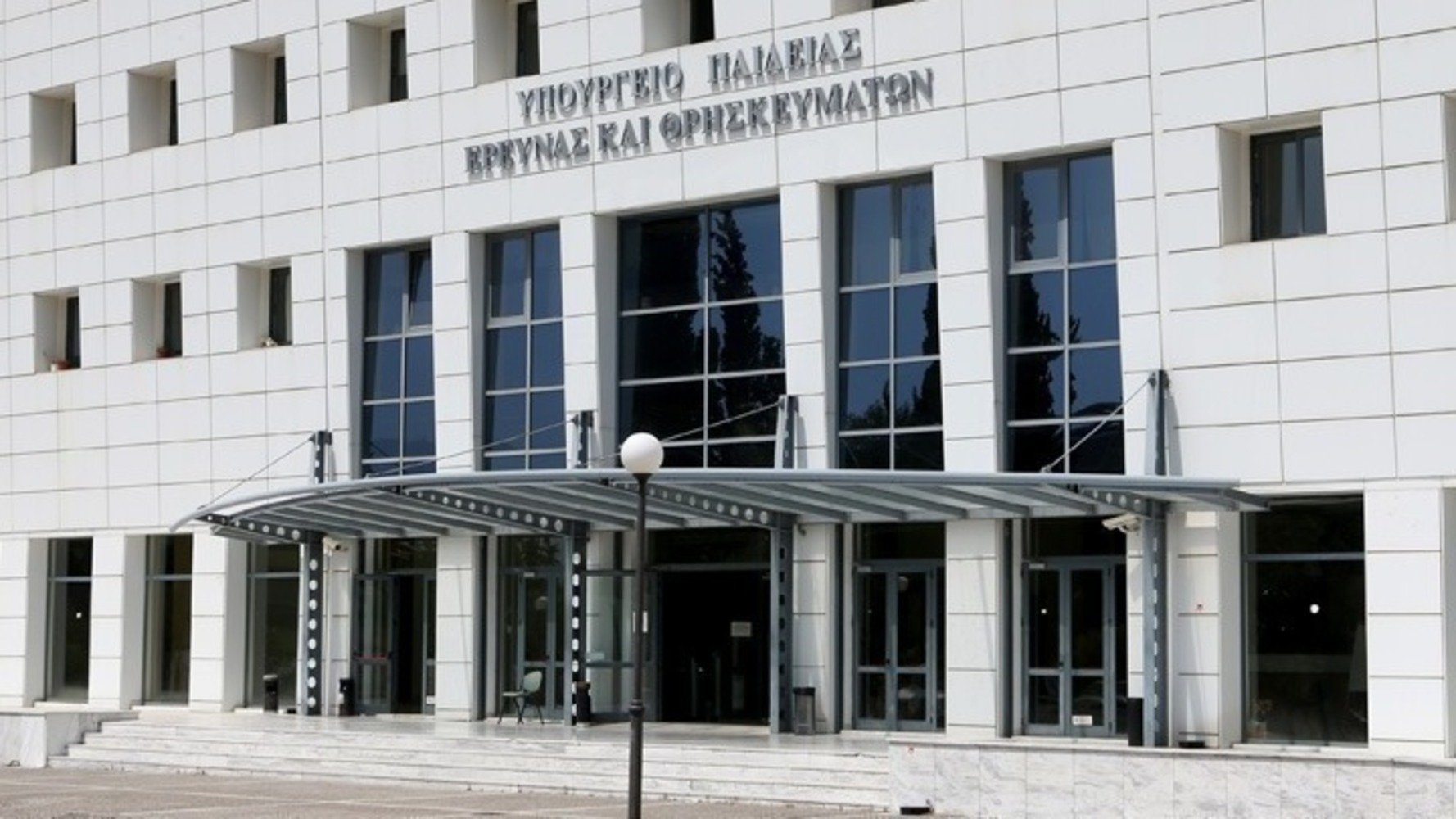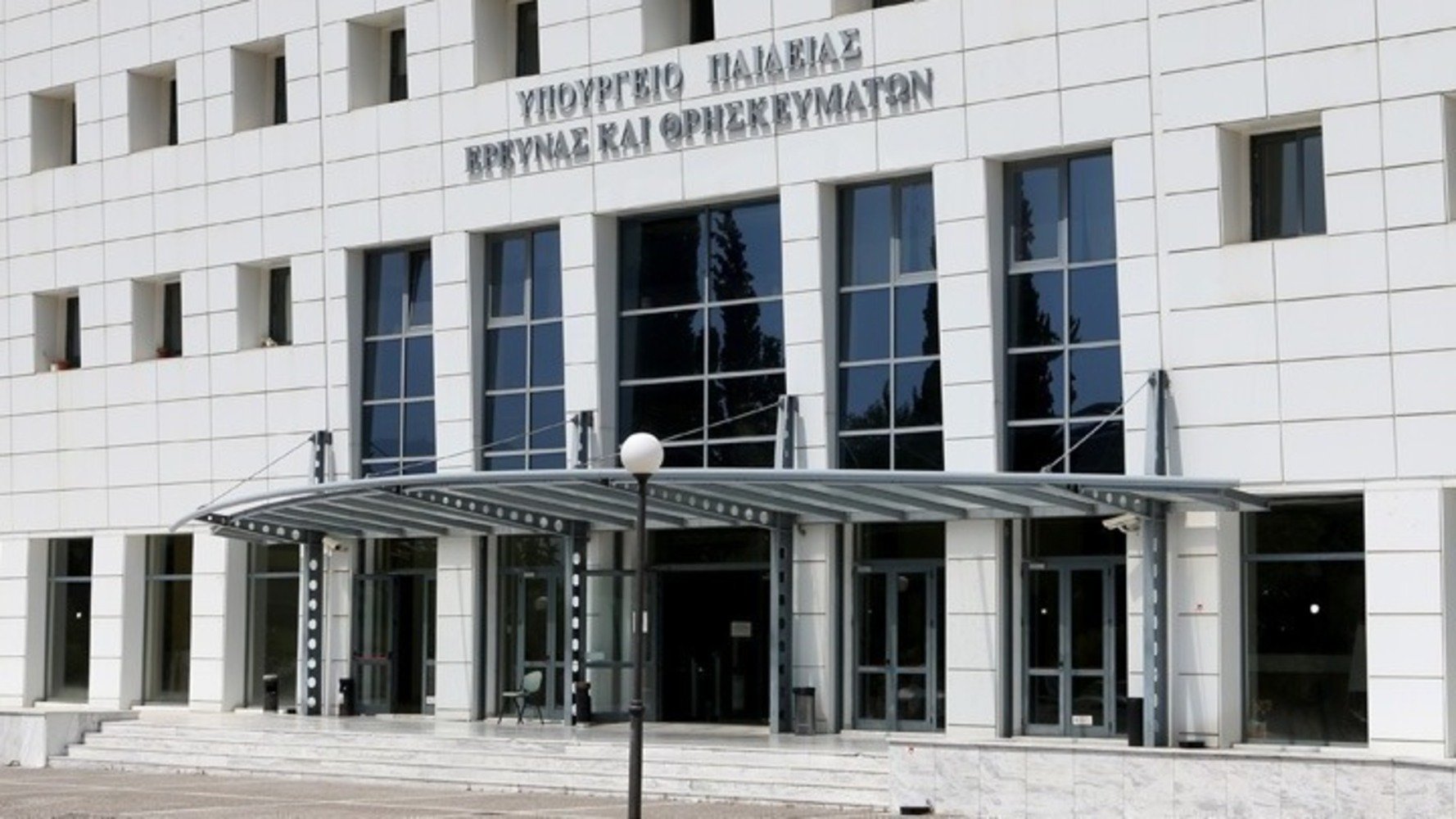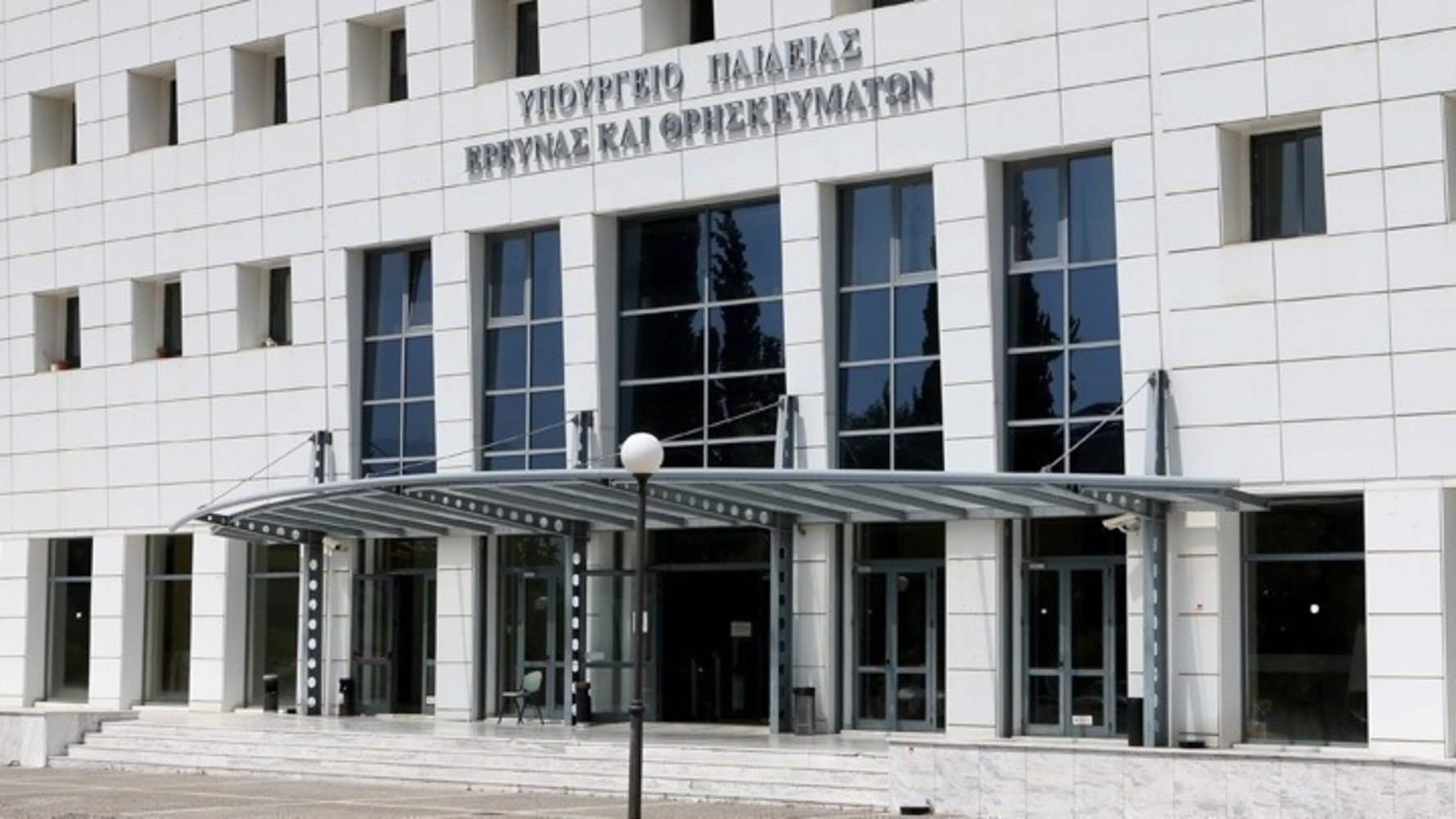Η Γενική Γραμματεία Ε.Ε.Κ.Δ.Β.Μ. & N., στο πλαίσιο της παρακολούθησης των πολιτικών για την Επαγγελματική Εκπαίδευση, Κατάρτιση και Διά Βίου Μάθηση σε ευρωπαϊκό επίπεδο καθώς και της ενημέρωσης των ενδιαφερομένων, γνωστοποιεί ότι η Ευρωπαϊκή Επιτροπή θέτει σε δημόσια διαβούλευση την πρωτοβουλία της για τους ατομικούς λογαριασμούς μάθησης.
Η διαβούλευση θα είναι ανοικτή έως τις 16/07/2021. Οι ενδιαφερόμενοι καλούνται να διατυπώσουν τις απόψεις τους αναφορικά με τον προσδιορισμό του προβλήματος, την ανάγκη για δράση και τους στόχους πολιτικής της ΕΕ, τις επιλογές πολιτικής και τις αναμενόμενες επιπτώσεις. Οι συμμετέχοντες μπορούν να συμπληρώσουν την έρευνα με τα στοιχεία του οργανισμού τους ή τα προσωπικά τους στοιχεία.
Ακολουθεί το σχετικό κείμενο της Ευρωπαϊκής Επιτροπής:
Dear all,
We would like to inform you that the European Commission has launched a public consultation on Individual learning accounts. The consultation is open until 16 July. Feedback is invited on the problem definition, need for EU action and policy objectives, policy options and expected impacts.
The twin digital and green transitions and the disruptions induced by COVID-19 bring about significant structural changes on labour markets and will fundamentally change the skills requirements of many jobs. This increases the importance of building skills throughout life to bridge skills gaps, support labour market transitions and foster social inclusion. At the same time, a high and increasing share of workers are in atypical forms of work, including part-time work, temporary work, fixed-term work, casual and seasonal work, platform work and self-employment. Coupled with an increasing number of labour market transitions throughout one’s working life, this means that an increasing share of individuals are at risk of not receiving sufficient support for training from an employer.
Could Individual learning accounts be part of the solution? What are they?
Individual learning accounts are personal accounts in which training entitlements can be accumulated and spent on quality-assured training, guidance or validation services. They are one way of providing individuals with training entitlements. Related schemes that provide individuals with training entitlements without involving personal accounts also exist. This includes training voucher schemes (often for specific target groups and run by Public Employment Services), and individual learning or personal development budgets, which are sometimes also provided by companies for their employees or negotiated by social partners in the context of collective bargaining agreements.
Can individual learning accounts help ensure that adults keep building the skills they need, regardless of their employment status?
What is your opinion?
We invite you to share the information about this public consultation widely among your stakeholders. Respondents can fill in the survey in the name of their organisation or in a private capacity. Organisations are also invited to attach a position paper, if they so wish.
We are looking forward to receiving your feedback.
Kind regards,
Alison Crabb
Head of Unit – Skills and Qualifications
European Commission – DG EMPL








